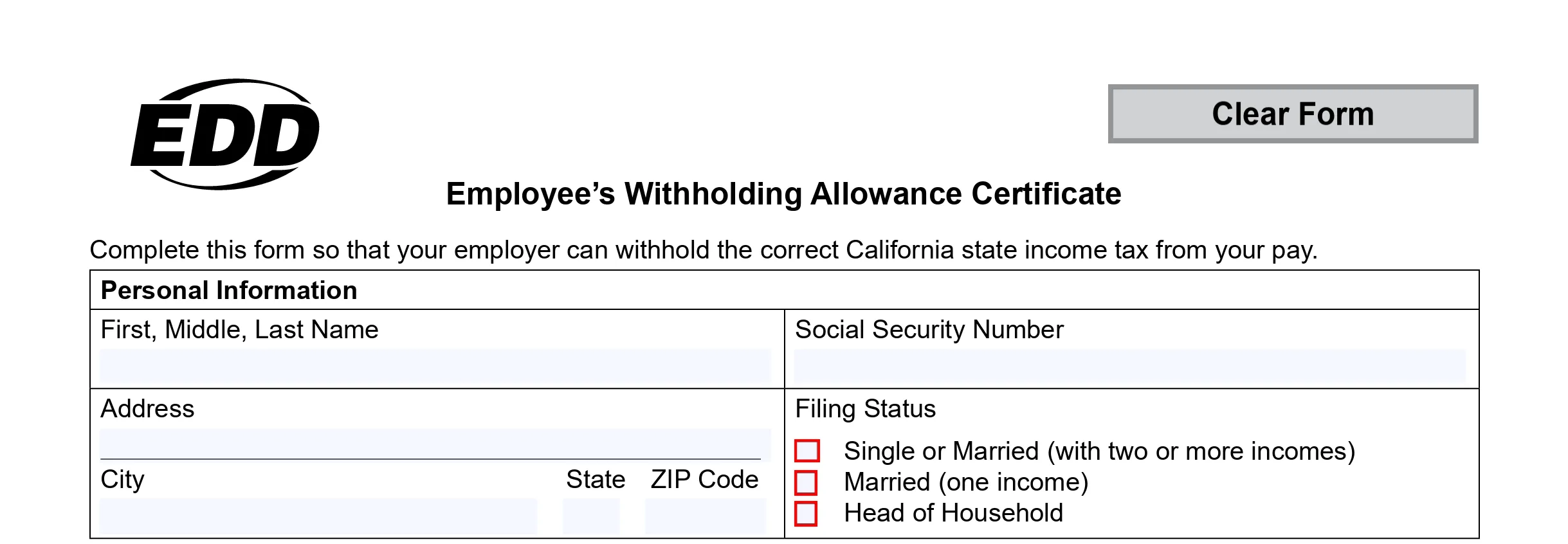Proper issuance of Form 1099 for Law Firms

This has been and still is a confusing subject for most law firms. In a regular business, form 1099 is issued to all persons engaged in a trade or business to whom you paid over $600 or more in a fiscal year for services provided, for rent, and for legal services. A big difference from other industries is that Form 1099 NEC is issued to law firms regardless of the law firm's corporate status. So, as a law firm owner you are going to receive form 1099 NEC from business clients and also for settlements depending on the specific case.
Let’s talk about when, as a law firm owner, you need to issue form 1099. The most common mistake usually arises when the law firm thinks that because it is paying independent contractors (i.e expert witnesses, private investigators, co-counsel) on behalf of their clients using client’s funds there is no need for the firm to issue a form 1099.
Let’s always keep in mind that as lawyers you are working as a middleman for your clients, therefore, it is your responsibility to report any payments made to any contractors on form 1099. The IRS and tax authorities are always keeping an extra eye on the law firms due to this common mistake.
When in doubt, there is no problem for issuing a form 1099 when it isn’t necessary as long as the amount reported is correct and in the proper box, it is safer and cheaper to file a 1099 NEC than to pay the penalties for not doing it, that can go from $50 to $280 per form.
Another area where this gets confusing is if you need to issue or not a 1099 form for payments made to the recipient of lawsuit settlements.
When you are working with certain damages that are exempt from taxation there is no need of 1099 NEC. Here is a list of tax free settlements:
- Compensatory damages received in connection with physical injury or physical sickness
- Damages for emotional distress on account of physical injuries or sickness (however, costs incurred to treat emotional distress, even those due to physical injury, are taxable if they were previously deducted as a medical expense in a prior year)
- Out-of-pocket medical expenses in non-physical injury settlements (i.e., discrimination, fraud and so on) incurred to treat emotional distress that were not previously deducted as medical expenses
Keep in mind that punitive damages are not excluded from taxation, no matter if received in connection with a physical or nonphysical injury.
There are so many settlement related scenarios where you need to carefully analyze how to proceed. If you find yourself confused, or seeking for Tax advice these days, it is always better to connect with an expert. Need help? Contact us at [email protected] or book a call
For further information we want you to have this article we find really helpful and informative by Robert W. Wood published on Businesslawtoday.org IRS Form 1099 Rules for Settlements and Legal Fees



